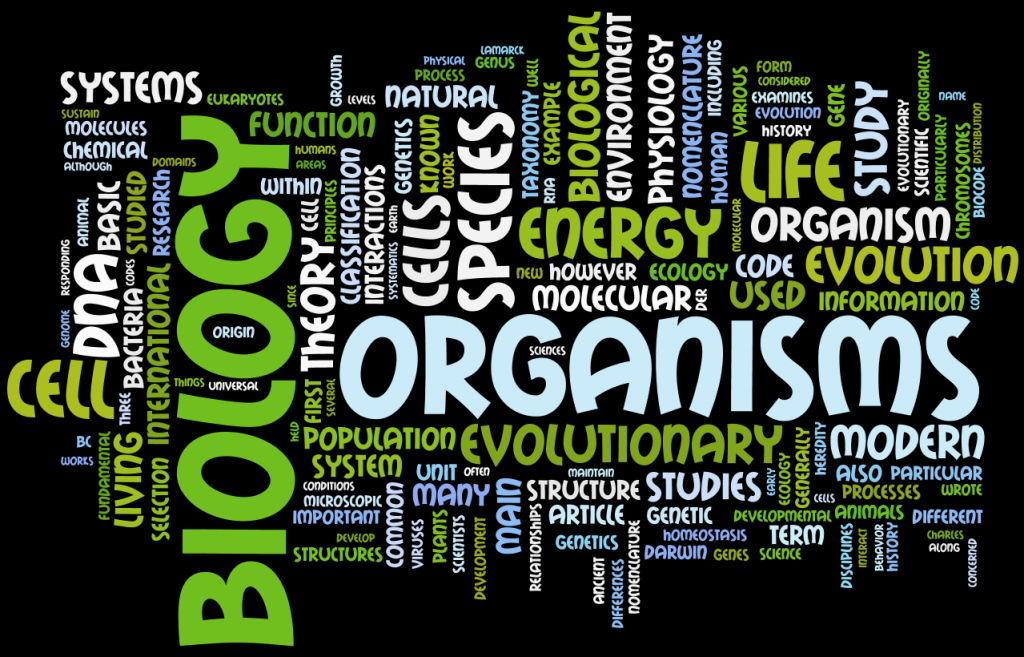Careers in Science Professions to Consider
The sciences are fascinating subjects to learn about as the areas they cover are diverse. Branches of science include chemistry, physics, biology, astronomy, mathematics, and social science, and there are also many other sub-sections. When you have a passion for science, a career in the field is a natural progression. Below is an overview of some of the top professions in science, and what qualifications you need to pursue your dream science job.
- Pharmacist
Pharmacists have a varied role within a medical setting. It involves the making up of prescription medicines at the correct dosages and being able to advise patients on the possible side effects and interactions with other drugs. Being a customer-facing role, many pharmacists find their career rewarding as they can make a difference to patients’ lives, and build relationships with them that can last for years. To study for a post-graduate qualification in pharmacy, you will need foundation subjects of math, biology or chemistry, or have a foundation degree in pharmacy.
- Ecologist
If you have an interest in the natural world, being an ecologist might be a career for you. Ecologists study the interactions between animal, plant life, and humankind, and look at how it affects the environment. An ecologist could specialize in a specific area such as marine, freshwater, flora, or fauna. Work is often a combination of outdoor activities, and laboratory or office-based tasks and places of work are varied. For example, some ecologists might work in a remote part of the world, others may work at parks or conservation areas, while some may find jobs with local environmental companies. To become an ecologist, an undergraduate degree in ecology, biology, or other related subject is a good place to begin.
- Astronomer
If you have always marveled at the concept of space, further your interest and develop your knowledge with a career in astronomy. Our solar system is just a small part of the universe, and astronomers study planets, stars and other matter to find out more information about how it all works. Essential skills for astronomers include mathematics and physics, as well as being able to look at statistics and analyze data.
- Statistician
Statisticians solve problems in a variety of industries by looking at data and devising strategies and techniques based upon their findings. Gathering data and then making sense of it is a skill that is in demand, so this science profession offers plenty of prospects. An online statistics degree is one way of getting the qualifications you need to gain access to a career in the field.
- Biologist
Biology is the study of living organisms, including plants, animals, fungi, and bacteria. From understanding how processes within living things work, biologists can apply their findings to help solve problems, such as creating a new treatment for illnesses or finding solutions to environmental issues. There are a range of areas in which biologists can specialize, and this is great if you enjoy a specific niche. To become a biologist, a science-related undergraduate course is essential.
- Geologist
Earth is a fascinating place. If you enjoy studying geological features such as rocks and minerals, volcanoes and hot springs or want to know more about earthquakes and floods, then becoming a geologist might be the perfect science profession. Understanding the Earth’s processes helps scientist develop ways to protect life, such as inventing quake-proof buildings. Other areas in the niche include engineering for waterways, surveying, and mineral extraction.
- Chemist
It is a chemist’s job to study to find out how chemicals interact with one another and what can be developed from them that is useful. To analyze chemicals, a chemist will learn techniques such as making solutions, testing for reaction by using heat, light, and other chemicals, and looking at the compounds that make up chemical substances. Chemistry is a career that can be used in many industry niches. To gain entry-level work in chemistry, you will need a bachelor’s degree in a science subject. From there, you may want to further your education in the niche you choose.
- Forensic Scientist
Forensic scientists gather and look at the physical evidence to provide facts about a situation, usually a crime. A forensic scientist may work at a crime scene, in a laboratory or both, and their finding can provide the evidence needed to discover what has happened and to convict a criminal or prove a person innocent. This is a varied role that demands strong forensic engineering technologies, analytical skills, as well as a strong mindset. To have a career as a forensic scientist, you will need a bachelor’s degree in a science-based subject.
- Archaeologist
This scientific profession is the study of the past through excavating structures and artifacts that have been used by humankind throughout time. It involves analyzing sites of particular cultural interest, digging carefully to remove the soil when uncovering old buildings or other humanmade structures, and the recording and logging of artifacts in detail. Artifacts, such as bones, metals, and organic matter may also be analyzed in laboratories. By discovering more about how our ancestors lived in the past, archaeologists are helping to build a picture of human society through time. This is an exciting profession for anyone who has a love of history.
There are many different science profession niches, and that is what makes a career in science something that appeals to many. It allows you to develop your skills in an area that you enjoy, as well as being a well-paid career that is in demand by many employers. Most professions require at least a bachelor’s degree to start, while in order to become a specialist, you would need to further your education. Training can also be done while doing your job so that you can advance your professional career. If you are looking for a rewarding career when you can really make a difference, then begin by researching the different science professions to find a job that you feel would be a good match.



